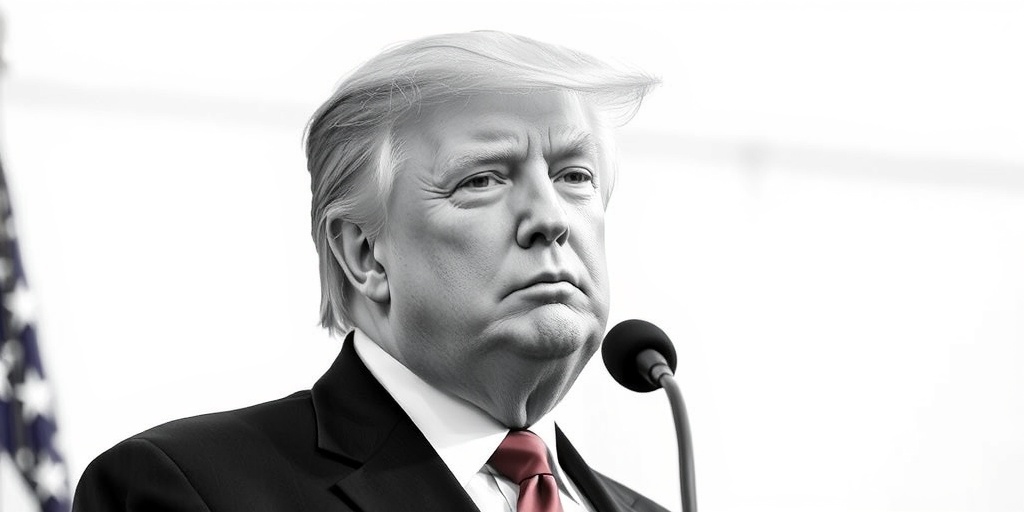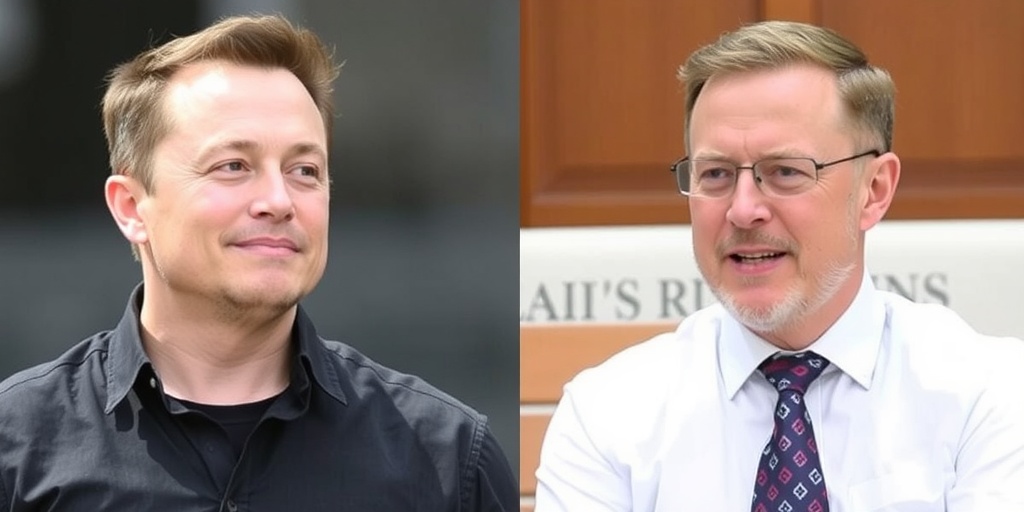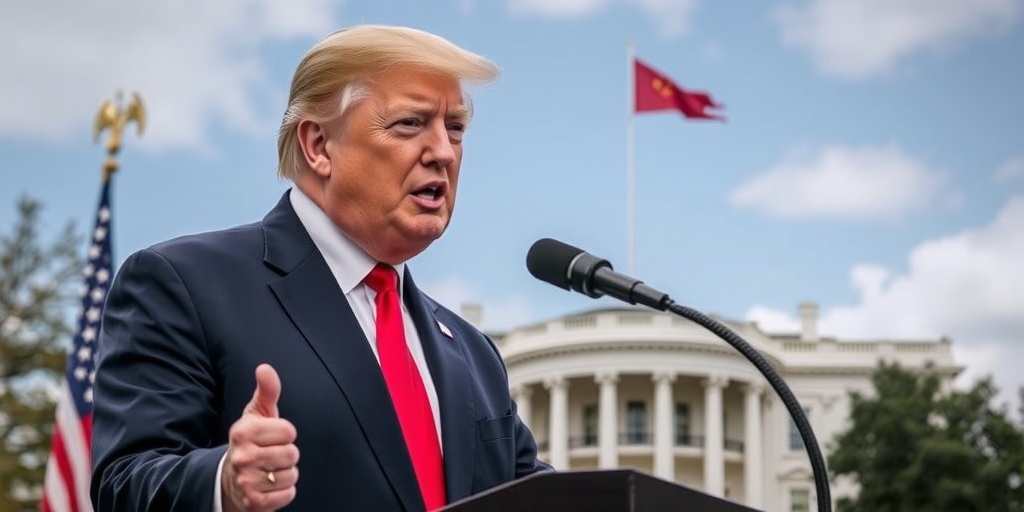Now Reading: Musk’s Cost-Saving Claims: Misleading in Various Aspects
-
01
Musk’s Cost-Saving Claims: Misleading in Various Aspects
Musk’s Cost-Saving Claims: Misleading in Various Aspects

Title: Scrutiny Surrounds Elon Musk’s Department of Government Efficiency Amid Claims of Inaccurate Savings
In recent weeks, Elon Musk’s initiative known as the Department of Government Efficiency has faced significant scrutiny over its reported financial savings from canceled federal contracts. The department, which aimed to overhaul governmental spending and cut waste, had touted impressive figures supposedly demonstrating the financial impacts of its efforts. However, these claims have come under fire following investigations by major media outlets, including The New York Times.
Initially, the Department of Government Efficiency presented a so-called “wall of receipts,” displaying their accomplishments in saving taxpayer money. The group claimed to have canceled several federal contracts, asserting that these actions had resulted in substantial savings for the government. According to their early reports, these savings amounted to a staggering figure that purportedly demonstrated the effectiveness of Musk’s approach to streamlining government spending.
However, investigative work by David A. Fahrenthold, a respected reporter for The New York Times, began to unravel the validity of these claims. Fahrenthold and his team meticulously examined the data and discovered a series of discrepancies in the publicly presented figures. After drawing attention to these inconsistencies, The New York Times and other news organizations raised concerns that led to a closer look at the supposed savings generated by Musk’s department.
In response to the mounting criticism and scrutiny, Musk’s team took the unusual step of quietly removing some of the most significant savings claims from their documentation. Specifically, all five of the largest items initially touted as major savings were stripped from the wall of receipts. This indicated an acknowledgment of the reported errors; however, many critics viewed this move as an attempt to evade accountability rather than an earnest effort to rectify the underlying issues.
Yet, the issues did not cease with the removal of these entries. Fahrenthold’s investigation found that after eliminating the erroneous claims, the department proceeded to replace them with new assertions of savings which themselves appeared to be inaccurate. This cycle of misrepresentation raised further questions about the integrity of the Department of Government Efficiency and its commitment to transparency. Critics argued that rather than genuinely reforming government waste, the group seemed to be engaging in a game of numbers—manipulating data to craft a narrative that aligned more closely with their ambitions.
The ramifications of these revelations are significant, not only for Musk’s department but also for broader discussions surrounding government efficiency initiatives. Public trust in government efforts to reduce waste is paramount, and repeated inaccuracies can undermine the credibility of such initiatives. The episode has sparked a wider debate about the role and accountability of private-sector leaders in government operations.
As scrutiny continues, many are left wondering about the future of Musk’s Department of Government Efficiency. Will they be able to rehabilitate their image, or will the repeated missteps lead to a more profound reevaluation of how private firms interact with government functions? Furthermore, the situation raises larger questions concerning the effectiveness of sweeping efficiency claims without substantial evidence to back them up.
In the wake of these revelations, there is an urgent need for independent oversight when it comes to assessing government efficiency programs. Ensuring accuracy and accountability in financial reporting is crucial if such initiatives are to gain the trust and support of the public they are meant to serve.
Ultimately, the ongoing saga of Elon Musk’s Department of Government Efficiency serves as a cautionary tale for both governmental and private entities engaged in reform efforts. Transparency, diligence in reporting, and a commitment to truthful representation of successes and failures are essential for fostering public confidence. As this narrative unfolds, it remains to be seen what steps Musk and his team will take in response to the critical examinations and whether they can position themselves as genuine reformers rather than purveyors of misleading information. The eyes of the public and the media will undoubtedly stay focused on the developments of this controversial initiative.
Stay Informed With the Latest & Most Important News
Previous Post
Next Post
-
 01New technology breakthrough has everyone talking right now
01New technology breakthrough has everyone talking right now -
 02Unbelievable life hack everyone needs to try today
02Unbelievable life hack everyone needs to try today -
 03Fascinating discovery found buried deep beneath the ocean
03Fascinating discovery found buried deep beneath the ocean -
 04Man invents genius device that solves everyday problems
04Man invents genius device that solves everyday problems -
 05Shocking discovery that changes what we know forever
05Shocking discovery that changes what we know forever -
 06Internet goes wild over celebrity’s unexpected fashion choice
06Internet goes wild over celebrity’s unexpected fashion choice -
 07Rare animal sighting stuns scientists and wildlife lovers
07Rare animal sighting stuns scientists and wildlife lovers





















